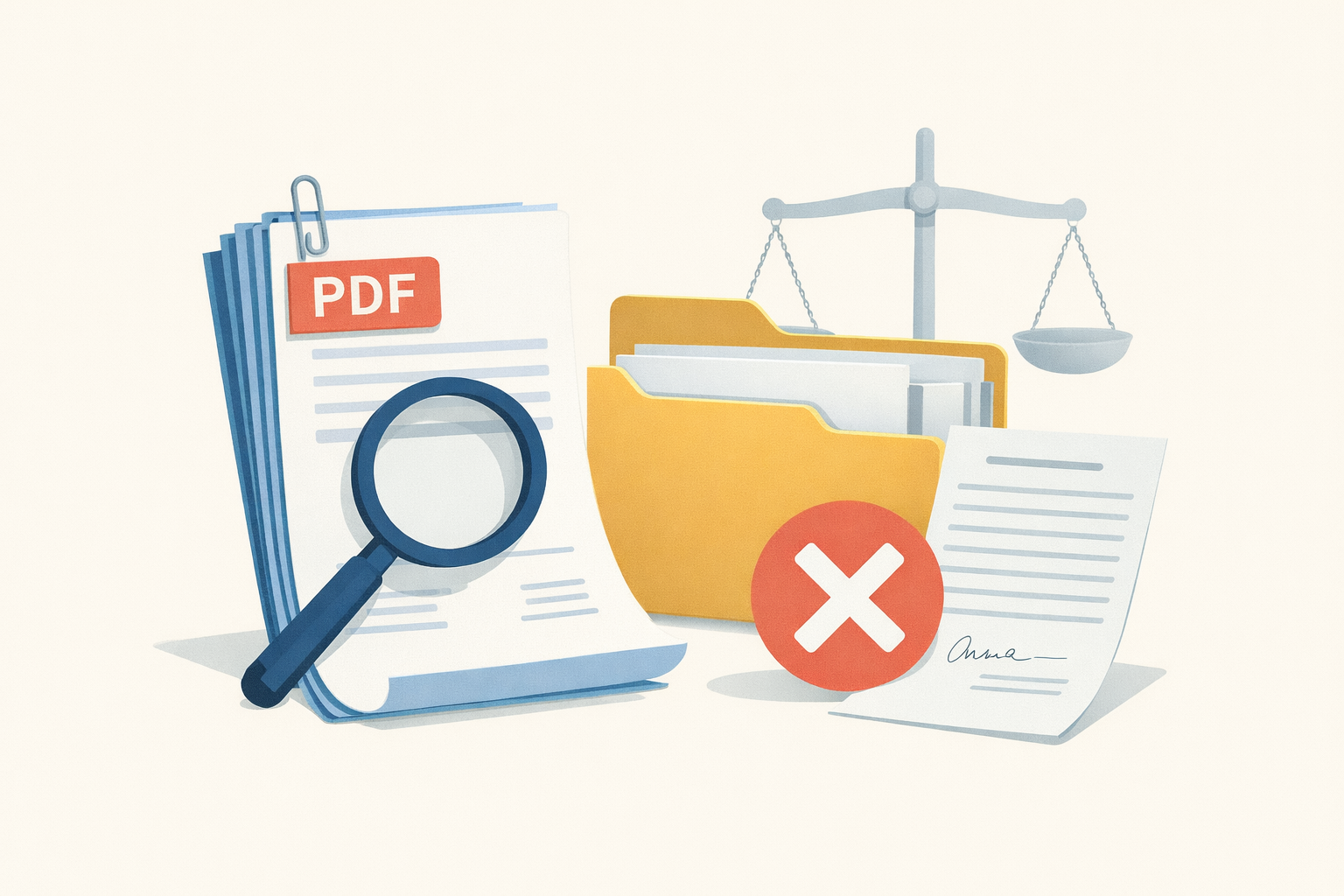This is the second of a two-part interview with litigator, law professor, and eDiscovery authority, Craig Ball. In the first installment, we went over the need to gain eDiscovery competency and the best methods to learn the basics of handling ESI in litigation.
The second half of this interview is focused on the evolving role of eDiscovery experts in an increasingly commoditized industry, Ball’s take on the best approaches to eDiscovery, as well as present and future industry trends.
Logikcull: As eDiscovery work becomes more and more commoditized, what is the new role of eDiscovery experts? How can eDiscovery professionals create a viable niche that will differentiate them from the rest of the industry?
Craig Ball: First, I think commoditization has several facets. One, of course, is the creation of services that are morphing into end-to-end, AI-driven black boxes. In that regard, the eDiscovery expert has the role of keeping the game honest. We have to wonder what is our purpose if the process is just putting data into a black box and everything comes out automatically, or if what you buy from one vendor is the same as what you get from another.
Perhaps it's delusional or optimistic on my part, but I don't see the role of experts changing markedly for years to come. The area remains rife with complexity, and it’s never going to be commoditized to the point where expertise ceases to matter. Leastwise, not as long as judges stay attuned to balancing fundamental fairness against proportionality.
We have to wonder what is our purpose if the process is just putting data into a black box and everything comes out automatically, or if what you buy from one vendor is the same as what you get from any other?
With regard to how to carve out a niche for yourself in the legal services industry, I would advise someone getting started in this area to focus on the cloud, gain depth in M365,—especially on how to configure a legal hold process effectively and defensively—and how to filter, cull, and export data from a [cloud] environment. Focus on the ability to achieve effective and defensible preservation and collection from the cloud and mobile sources. I predict that collection will coalesce around mobile and the cloud, with a local, drive-centric storage a distant third.
Knowing how to do a takeout from principal sources, social networking sources, cloud storage sources, application sources is going to be crucial for a proper eDiscovery effort. Also, it’ll be important to be able to secure forms of production from emerging sources like Slack and Zoom. Forms that function. We need to be prepared to integrate these sources as they are the new email.
Focus on the ability to achieve effective and defensible preservation and collection from the cloud and mobile sources.
Though I didn’t coin the phrase, I’ve lectured for many years about what I call the “Streetlight Effect” in eDiscovery. Since 2006, when the Rules changed, a huge amount of effort went into developing so-called defensible and repeatable processes that everyone is so proud of. They were geared towards collecting from machines, servers, and email accounts. But increasingly, we're just looking where the light is better, not necessarily where the most relevant data resides.
So, if you're not looking at mobile and cloud first, you just looking where the light is better. Because that's where the new email lives, where the new candid discussions happen, where the new probative evidence originates and often resides nowhere else.
Logikcull: In your extensive eDiscovery career, what strategies have you developed and employed to improve the eDiscovery process and make it as efficient and effective as possible?
Craig Ball: One of my best strategies is that I'm not afraid to ask “dumb” questions, even if someone might be shocked by something I don't know. If I don't know it, there's a good chance that the people around me don't know it either. So, don't be afraid to ask questions without fear of how it will make you look. This may not sound like a real efficient and effective strategy, but it really gets you down the road.
Also, I respect and value IT professionals, and leverage their expertise to understand how things can get done. I’m always aware that they see systems, not content. Lawyers see content and ignore systems.
The most immediate advantage of this approach is the ability to make better choices that protect your clients from the cost and the reputational injuries that follow bad decisions about preservation and collection.
You'll also be better equipped to evaluate what searches will work, what you might be missing, how to defend your strategies when challenged by opponents, and you’ll be able to make cooperative concessions to opponents without upping burden and expense to your clients. Shepherding good decisions is a lawyer’s preeminent role. And to be equipped to do that, we need to understand the types and varieties of digital evidence.
Logikcull, for example, is a very powerful tool, but despite its apparent simplicity, it's also highly configurable and can be adapted to the particular needs of a case. Naturally, it is designed to present a fairly simple front end, with its drag-and-drop approach, and I applaud that because there are so many people that, either by virtue of cost, or complexity, or both, have been afraid to dip their toes into the shallow end of electronic Discovery via readily accessible browser-based tools like Logikcull.
Being able to understand the drag-and-drop, do-it-yourself approach, has huge benefits and cost savings for our clients, and allows us to move quickly. We don't have to spend months seeking bids and trying to compare intentionally obtuse and obscure bids. It’s important to move fast, mount a quick and dirty review and be able to do an early case assessment.
Logikcull: And Craig, having witnessed the evolution of eDiscovery since its first days, what emerging trends do you observe in eDiscovery and how do you think they’ll evolve?
Craig Ball: We’ve hit on many of them already like commoditization, the collapse of the industry behemoths. These industry giants have pretty much rolled up their tents and gone home.
In the eDiscovery area, everyone seems to be building to acquisition, cutting back on development, trying to beef up the bottom line—some through questionable accounting practices—in order to interest investment bankers to come in and buy the company or go through some kind of IPO or SPAC process to monetize their investment.
That has not proved positive for anyone but a handful of owners. It's shored up outmoded pricing models, such as per-gigabyte pricing and hard-to-compare pricing based on broken-out services. Certainly, Logikcull has been a leader in trying to combat pricing abuses, and I think we will see more of that.
Of course, commoditization has its upsides. I like going to Amazon and being able to see virtually everyone who is selling a product and striking a balance between cost and quality. I think we're going to see more of that, too.
At the same time, we are seeing fewer and fewer competitors. Many are being driven out of the marketplace by catch-and-kill acquisitions or being folded into huge conglomerates, which is a development that has yet to produce the simplification, education, or cost savings that have long been promised.
I'm also hoping to see a trend towards the development of a curriculum of competence.
Within the law, the people who establish standards of competency from lawyers generally don't value and have no expertise in electronic discovery or electronic evidence. So, they are loath to draw the circle of competence in any way that leaves them standing outside that circle. And that means that competency gets watered down. You can get certified by various organizations, some of which bring some genuine rigor and some of which bring a laughable absence of rigor. How do we tell the difference?
So, academics, practitioners, experts, the vendor community—we need to get together, and figure out the core curriculum of eDiscovery, as well as define who is going to teach it and identify the best resources available.
And another thing that we desperately need, and that I hope will evolve in the coming years, is the development of industry groups serving as trade guilds. Industries grow and mature around standards, but, apart from EDRM, there is no industry group around eDiscovery where we can come together as professionals, establish standards, establish methods to exchange information, data, simplify processes, and make this commoditization payoff for your companies, and your clients.
We need to get together and figure out the core curriculum of eDiscovery, as well as define who is going to teach it and identify the best resources available.
For more eDiscovery insights, and for the latest case law, news, and commentary, join our newsletter, "Your Week, Culled.” More than 4,500 legal professionals already have!




